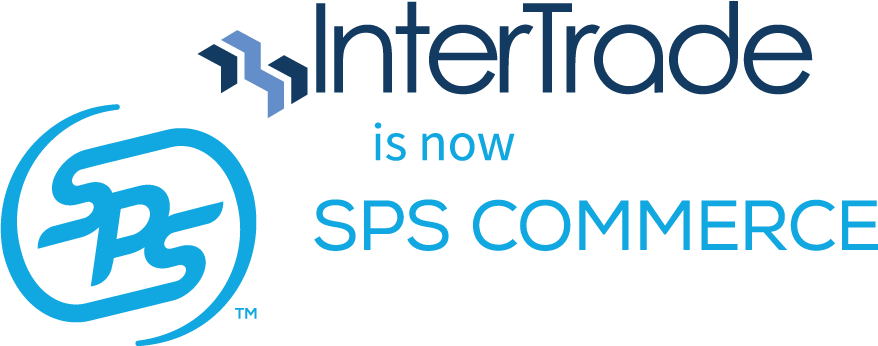For companies today, the standardization of production and branding processes is crucial to the development of a successful business. The most successful consumer-focused companies in the world – think McDonalds, or Coca-Cola – incorporate an unwavering set of production, packaging and branding standards in their business models to ensure that the customer experience is practically identical no matter where in the world their products are consumed. This standards-based approach has led to unprecedented success for these companies, and fostered long-term brand loyalty among their customers.
Retailers, suppliers and manufacturers from all industries can gain valuable insights from these examples. In modern supply chain models, the use of standardized methods of communication between stakeholders contributes to improved efficiency and productivity while streamlining workflow between retailers, suppliers and primary manufacturers.
Today, data gathering and analysis have become especially important to supply chain operations, from manufacturing and shipping all the way to the retail shelf. The most reliable way to capture and share this crucial product data is through the use of standardized GTIN and UPC codes.
Why Use Standardized UPC and GTIN Codes?
Standardized GTIN and UPC codes issued by the governing body GS1 allow businesses to operate seamlessly in the global marketplace by facilitating communication between retailers, suppliers and manufacturers. Unlike proprietary coding systems, GS1 standards are functional in every country in the world, and are scalable. This ensures that no matter how fast an organization grows, the tracking standards they use will never become unmanageable or obsolete, nor will they encounter problems when seeking to exchange information with new partners, suppliers, and regulators.
The benefits of using GTIN and UPC codes issued by GS1 go beyond market interoperability and the ability to scale. Standardized codes ensure that tracing and tracking data related to shipping/receiving, sourcing, and warehousing is accessible to the appropriate stakeholder whenever it is required. GTINs can easily be transferred to a retailer’s electronic product catalog and integrated with internal ERP systems, making it simple to update and improve e-commerce offerings.
As well, GS1 has developed strong partnerships with trade associations and organizations around the world as part of their drive to promote a globally-adopted UPC and GTIN standard. The World Customs Organization (WCO), AIM Global (Association for Automatic Identification and Mobility), and Efficient Consumer Response (ECR) all have established working relationships with GS1. The company and its associated Member Organizations have worked extensively with UN/CEFACT, the United Nations Center for Trade Facilitation and Electronic Business. GS1 also has a long-term relationship with ISO, the International Organization for Standardization. These relationships make it clear that GS1 is internationally recognized for their efforts and achievements in the field of trade standards.
Global Standards for Global Business
The use of GS1-issued UPC and GTIN codes is the clear choice for suppliers who are seeking to simplify and standardize communications with retail clients and manufacturing partners. Standard codes make it easy to share critical business information when it is needed, automate the transfer of product-location data during shipping and warehousing, and improve the presentation of supplier products in electronic product catalogues.
The ability to capture, track and audit information at every step of the supply chain is an essential part of doing business in the global marketplace. By choosing to use standardized codes from GS1, companies embrace not only the globally-accepted standard for modern business communication, but position themselves for growth and further success in the future.




